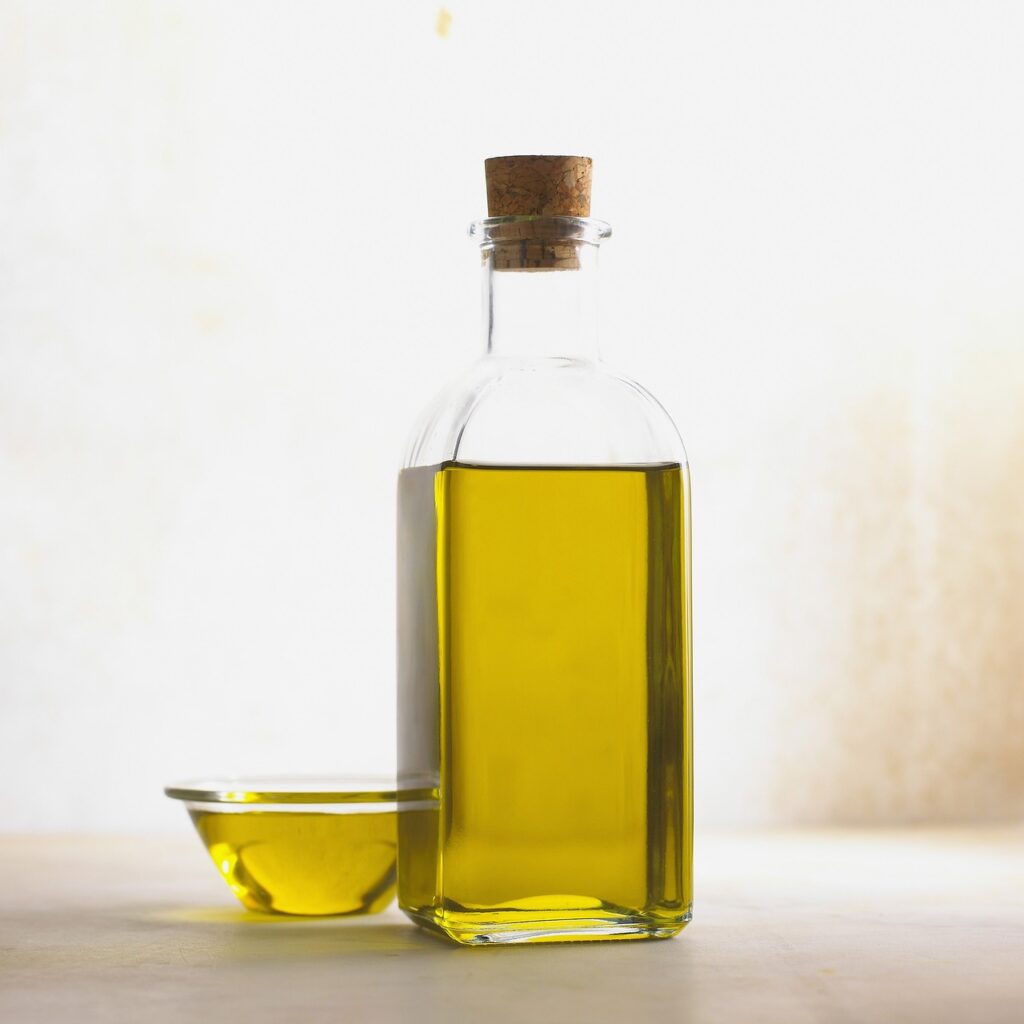Cooking oils are not just essential kitchen staples; they are fundamental to the taste, texture, and even the health benefits of the meals we prepare. Among the multitude of options available, two oils stand out for their rich histories, distinct flavors, and potential health benefits: olive oil and mustard oil. Whether you’re a fan of Mediterranean cuisine or crave the bold, spicy flavors of South Asian dishes, these two oils are likely already in your pantry — or at least in your culinary imagination.
But when it comes down to choosing between olive oil and mustard oil, the decision isn’t always as straightforward as it seems. After all, these oils have very different flavor profiles, cooking properties, and health benefits that can influence both your cooking style and your overall well-being. As with any cooking ingredient, context matters — and so does your personal taste.
In this blog, we’ll explore the vibrant world of olive oil and mustard oil, comparing their health benefits, ideal cooking methods, and unique flavors. Whether you’re trying to make your meals healthier, improve your cooking technique, or simply add some excitement to your dishes, knowing the ins and outs of these oils will help you decide which one is the right fit for your kitchen.
So let’s dive in and explore why both of these oils deserve a place in your culinary repertoire. Are you ready to discover which oil might elevate your cooking game? Let’s break it down!
Olive Oil: The Mediterranean Staple with Healthful Secrets
Olive oil is one of the oldest and most revered cooking oils in history, with its origins dating back thousands of years in the Mediterranean region. Loved for its health benefits and versatility, olive oil has transcended regional boundaries and become a global favorite. But what exactly makes olive oil so special?
Health Benefits:
Olive oil has earned its reputation as a “super oil.” Extra virgin olive oil (EVOO) packs monounsaturated fats that help reduce bad cholesterol (LDL) while boosting good cholesterol (HDL), making it great for heart health. It’s also full of antioxidants, such as polyphenols, that help fight inflammation and oxidative stress. These compounds can protect cells from damage, supporting everything from your skin to your brain.
Cooking With Olive Oil:
Despite being renowned for its health benefits, olive oil is also incredibly versatile in the kitchen. EVOO’s fruity and peppery taste can bring a fresh dimension to Mediterranean-inspired dishes, while lighter olive oils (refined or pure) are excellent for sautéing, baking, and even deep-frying.
The only downside? EVOO has a lower smoke point (around 375°F), which means it’s best used for moderate heat applications like sautéing, drizzling over salads, or finishing a dish. For high-heat cooking (like frying), a more refined olive oil is your best bet.
Fun Fact: Did you know that olive oil was used as far back as ancient Greece for more than just cooking? It was also a key ingredient in soap-making, skin care, and even as a source of light in lamps!

